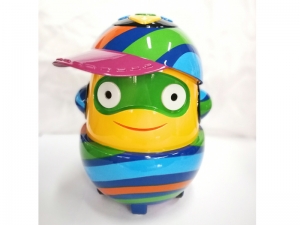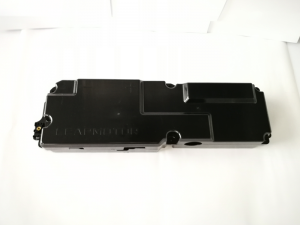Injection pipes play a critical role in various industrial and construction applications, particularly in the fields of geotechnical engineering, water management, and infrastructure development. Their primary function is to deliver fluids—such as grout, concrete, or water—into specific locations for various purposes, including soil stabilization, sealing, and waterproofing.
Applications of Injection Pipes
Soil Stabilization and Ground Improvement: One of the main uses of injection pipes is in soil stabilization and ground improvement projects. In geotechnical engineering, these pipes are used to inject grout into the ground to fill voids, stabilize soil, and increase its bearing capacity. This process is essential for preparing foundations for buildings, bridges, and other structures, ensuring that the ground can support the weight and prevent settlement issues.
Waterproofing and Sealing: Injection pipes are also widely used for waterproofing and sealing applications. In construction, they help to inject sealing materials into cracks and joints in structures like dams, tunnels, and basements. This process prevents water infiltration, which can cause significant damage to the structural integrity and longevity of these constructions.
Injection pipe fittings are crucial components that connect different sections of the injection pipe system, ensuring a secure and leak-proof setup. These fittings come in various shapes and sizes, including couplings, elbows, and tees, which allow for flexible installation in complex layouts. Properly selected and installed injection pipe fittings ensure that the fluid is delivered precisely where it is needed, without any leaks or loss of pressure.
-
Durability and Longevity: HDPE pipes have a long service life, often exceeding 50 years, which reduces the need for frequent replacements and maintenance.
-
Flexibility: The flexibility of HDPE pipes allows them to withstand ground movements and vibrations without cracking or breaking, making them suitable for dynamic environments.
-
Corrosion Resistance: Unlike metal pipes, HDPE pipes do not corrode, ensuring a consistent and reliable performance over time, even when exposed to aggressive chemicals or saline conditions.
-
Leak-Proof Joints: HDPE pipes can be joined using heat fusion, creating strong, leak-proof joints that enhance the overall integrity of the injection system.
In conclusion, injection pipes are essential tools in a variety of industrial and construction applications, serving purposes such as soil stabilization, ground improvement, waterproofing, and sealing. The use of specialized injection pipe fittings ensures the effective and precise delivery of fluids, while the adoption of HDPE pipes offers significant advantages in terms of durability, flexibility, and corrosion resistance. As technology advances, the application of injection pipes continues to expand, providing innovative solutions to complex engineering challenges. Understanding the purpose and benefits of injection pipes and their components is crucial for professionals in the construction and engineering industries, ensuring the success and longevity of their projects.












 +1 270-282-2096
+1 270-282-2096
